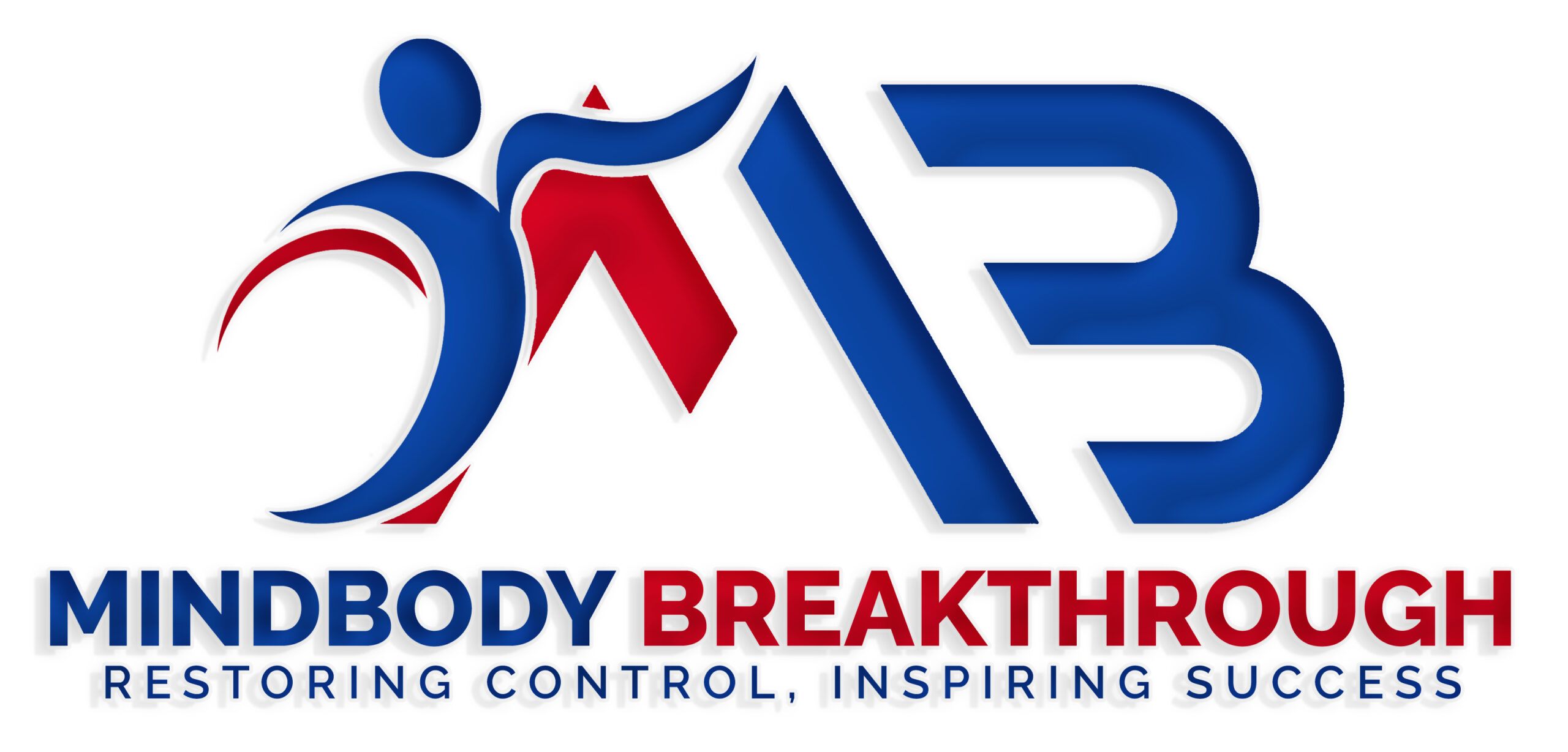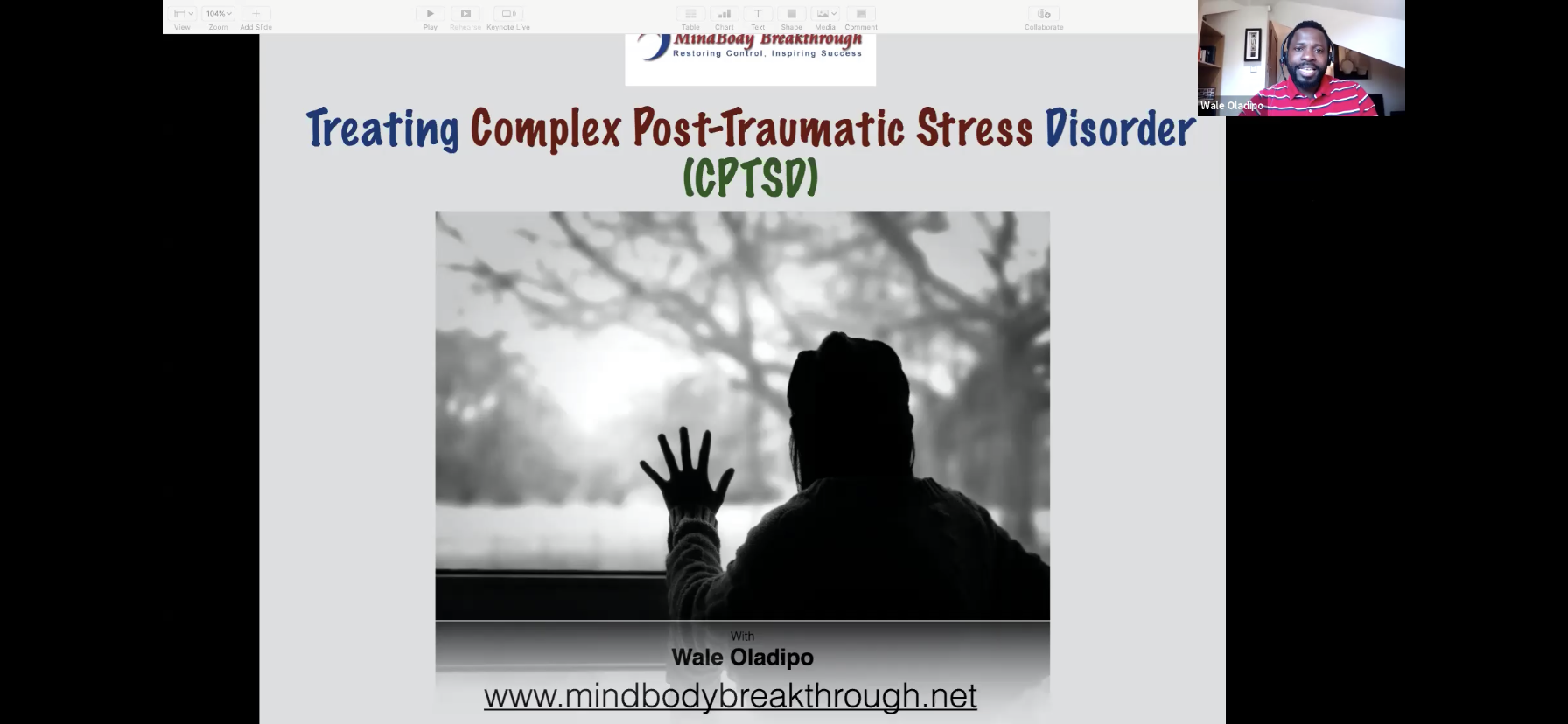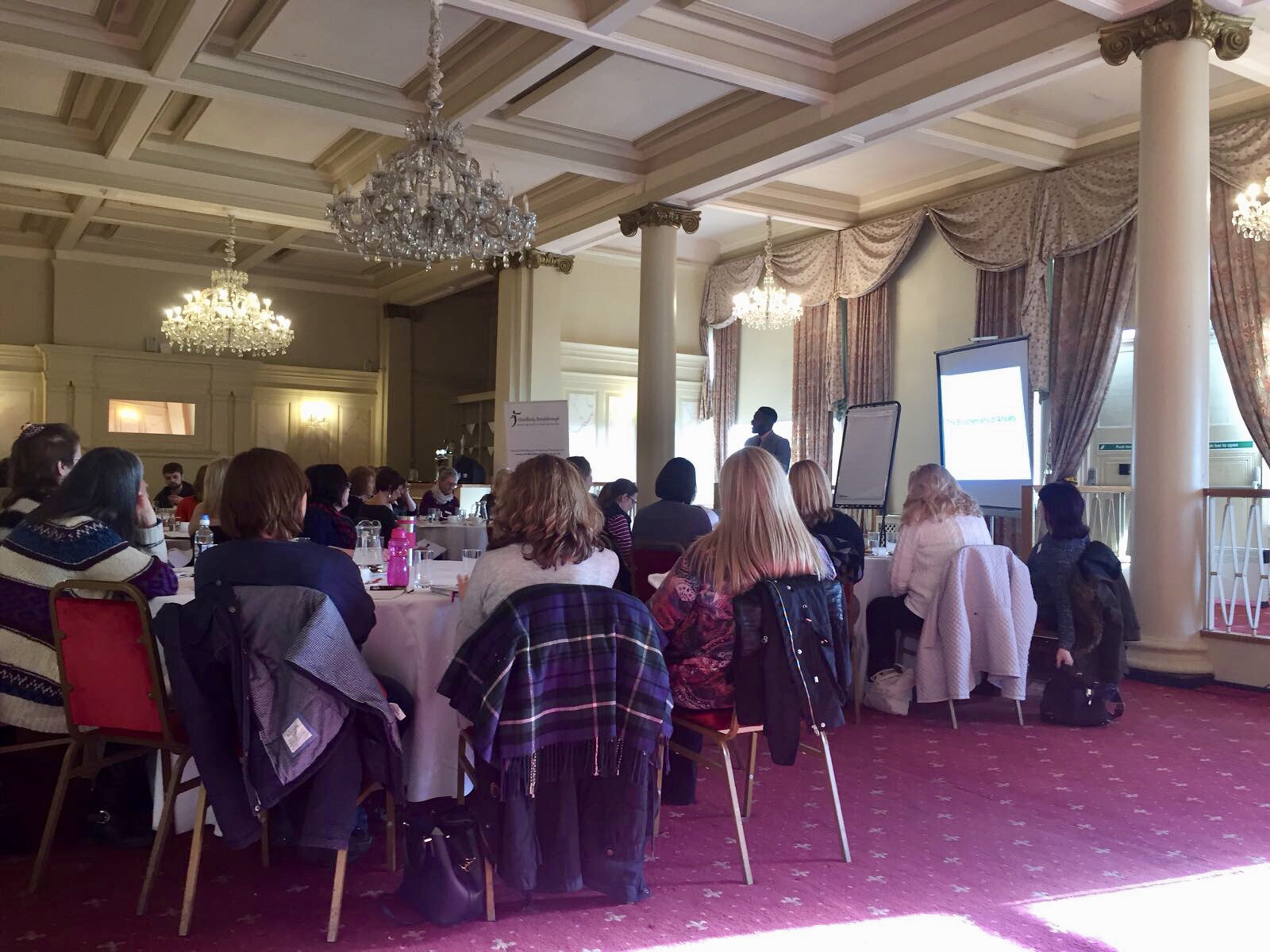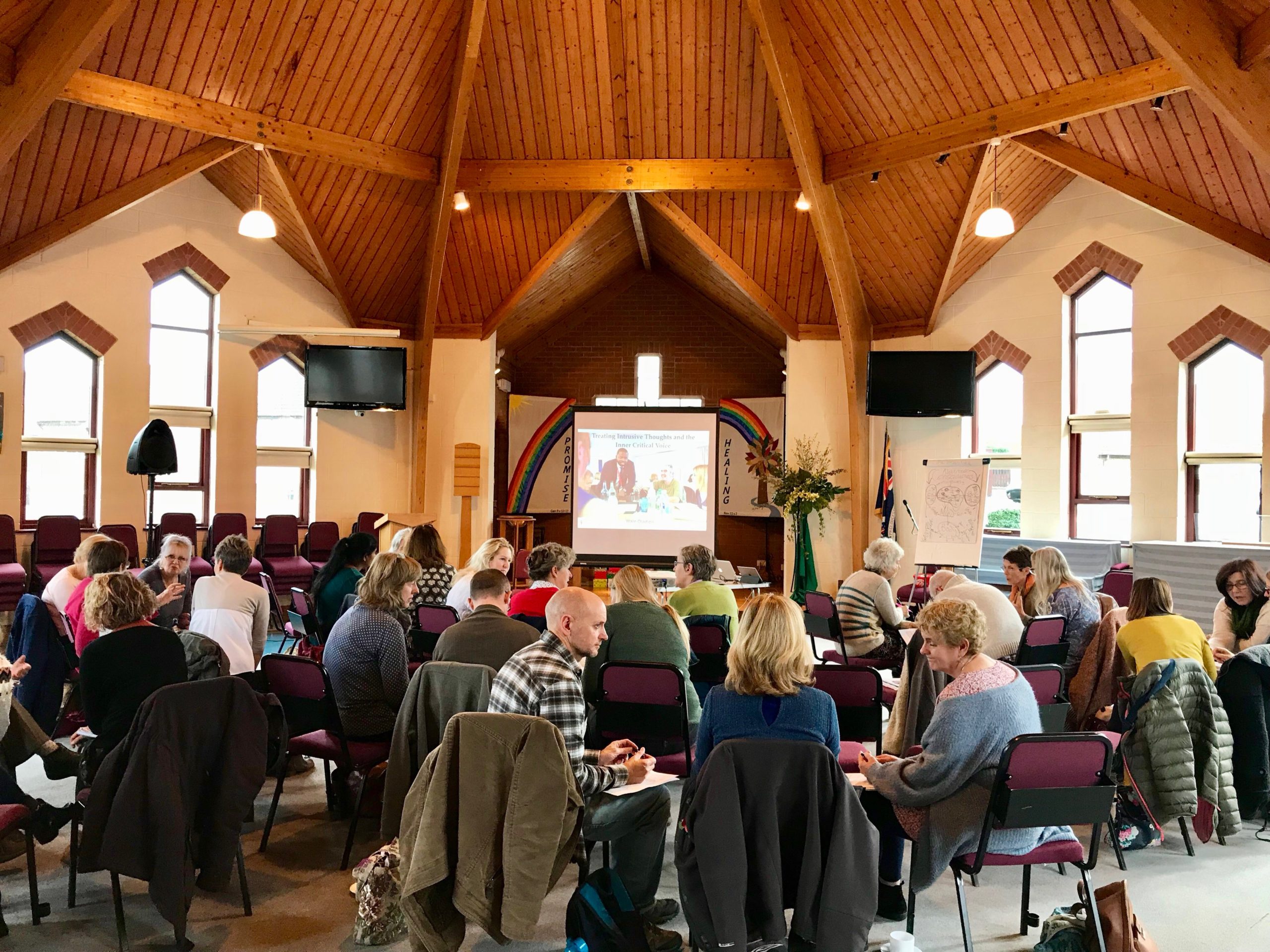PTSD is generally related to a single traumatic event, while complex PTSD is related to a series of events, or one prolonged event. A doctor may diagnose complex PTSD if a person has experienced prolonged or repeated trauma over a period of months or years.
Traumas connected to childhood neglect or abandonment seem to be central to the the development of onset c-PTSD. Since complex PTSD is a relatively recent concept, healthcare professionals may instead diagnose another condition due to its variable and complex nature. They may be likely to diagnose borderline personality disorder (BPD). Studies have found a substantial overlap between complex PTSD and BPD.
- Complex PTSD – A doctor may diagnose complex PTSD if you experienced multiple traumatic events at an early age and lasted for a long time: Symptoms of c-PTSD may include the following:
- traumatic flashbacks and re-enactment (feeling like the trauma is happening right now)
- intrusive thoughts or images
- nightmares
- intense distress at real or symbolic reminders of the trauma
- physical sensations such as pain, sweating, nausea, dizziness or trembling
- feeling as if you are permanently defective or worthless
- feeling like nobody can understand what happened to you
- Heightened startle reaction
- avoiding friendships and relationships, or finding them very difficult
- difficulty controlling your emotions
- feeling very hostile or suspiscious towards the world
- regular suicidal feelings.
- panicking when reminded of the trauma
- disturbed sleep or a lack of sleep
- irritability or aggressive behaviour
- finding it hard to concentrate – including on simple or everyday tasks
- being jumpy or easily startled
- self-destructive behaviour or recklessness
- other symptoms of anxiety
- feeling like you have to keep busy
- avoiding anything that reminds you of the trauma
- being unable to remember details of what happened
- feeling emotionally numb or cut off from your feelings
- feeling physically numb or detached from your body
- being unable to express affection
- using alcohol or drugs to avoid memories
- Inability to recall key features of the trauma
- Overly negative thoughts and assumptions about oneself or the world
- Exaggerated blame of self or others for causing the trauma
- Negative affect
- Decreased interest in activities
- Feeling isolated
- Difficulty experiencing positive affect
- Irritability or aggression
- Risky or destructive behaviour
- Hypervigilance






















